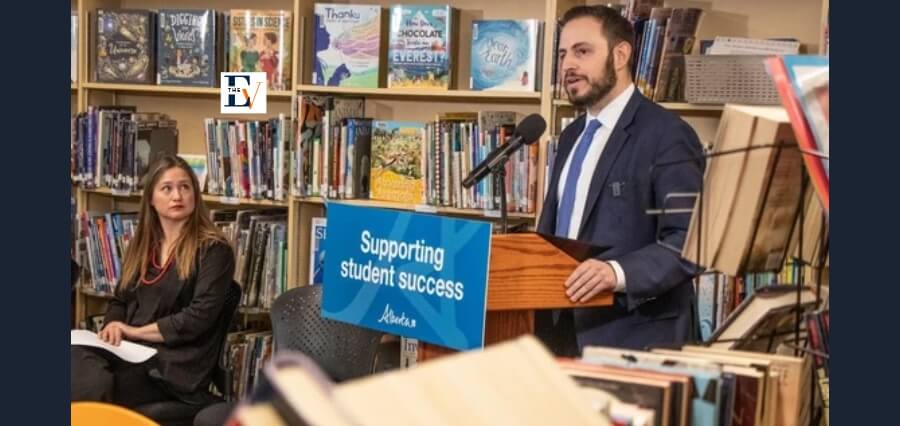The idea of artificial intelligence evoked the idea of possible miracles as it gained traction. Massive amounts of data might be processed by computers to address many of humanity’s most urgent issues, such as foreign terrorism and medical riddles.
However, this exhilaration quickly faded. AI has come to be associated with doom in popular culture due to terrifying scenarios that demonstrate how readily computers may be trained to spread false information, appropriate human likenesses, and generally sabotage any trustworthy sense of the truth.
The biggest tech news from last week serves as a helpful reminder that the excitement is still there. It manifested as a gangly University of Nebraska student from the Jeffrey S. Raikes School of Computer Science and Management. Luke Farritor, 21, was on his way home from a party when he discovered that an AI program he had created had been able to read traces of antiquated ink inside a scroll that may have belonged to Julius Caesar’s father-in-law and was 2,000 years old.
He had participated in the global Vesuvius Challenge, which was to interpret the inscriptions found on papyrus excavated from volcanic ash in the 1750s. Farritor used his own letter-reading tool to decipher the scrolls after discovering that a competitor had digitally unfolded them and shared pictures of the fading images inside. The program displayed many Greek characters that represented the word purple, which in ancient times denoted wealth.
Farritor’s discovery is significant in ways beyond just answering a 2,000-year-old riddle. It serves as a reminder of the potential that machine learning offers. It demonstrates that puzzles long thought to be unsolvable can be solved. It also shows what a bright young person with initiative and a solid education may achieve.
Read More: https://theeducationview.com/






